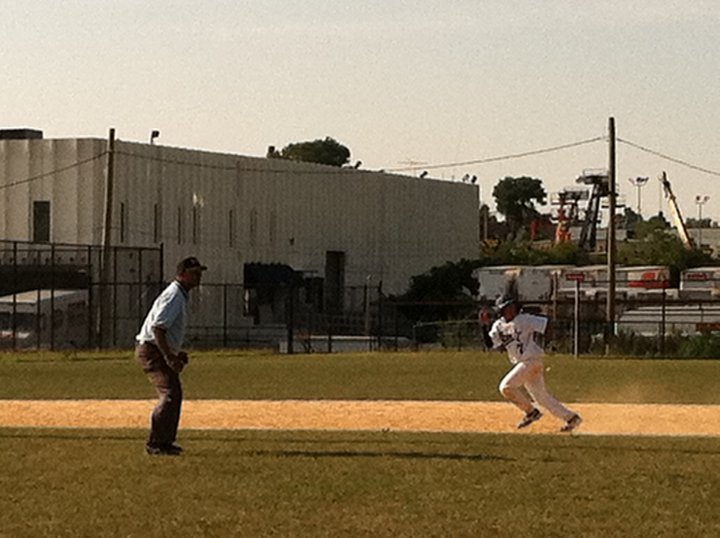Post-Grad
At the end of umpiring school, the top students are selected to take an evaluation course that will help determine their track to the major leagues. Those who don’t get picked for the majors are directed to local opportunities in amateur leagues, both in the United States and abroad.
Gonzalez is a passionate lover of the game, but is pragmatic about his own career path. Although some of his classmates have reached the majors he is under no illusion that he’ll be there one day. In fact, reaching the major leagues, statistically, as an umpire is even more difficult than making it as a player. It takes grinding for years through the minors — which is why he advises anyone interested to start young — coupled with a willingness to drop everything at a moments’ notice when a slot becomes available. But Gonzalez is more than okay with that. He doesn’t need to rub elbows with Miguel Cabrera, Alex Rodriguez or Pablo Sandoval to be happy on the field. “It’s a great way to stay in the game somehow,” Gonzalez explained. “Sure you are not playing it, you are not coaching it, but you are running it.” Spoken like a man who has run the show.
You think you have what it takes to be an umpire? Gonzalez shares the real deal about the job…

